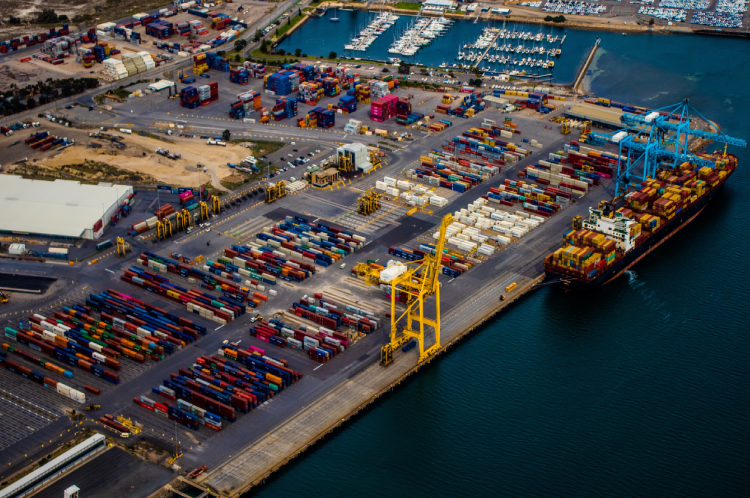The world over, the impacts of the COVID-19 pandemic have been felt, some strongly than others. Sri Lanka as an island nation, and a shipping and logistics hub in the Indian Ocean, relies on its imports and exports for essential and supplementary goods, for its industries and consumption. However, when COVID-19 hit, the means by which it impacted Sri Lankan shipments was unprecedented.
From lockdowns, and isolations came forth labour shortages across the nation and thereafter came the rising shipping, port and customs charges due to inability to unload and clear goods, there was port congestion and delays cause by vessels being unable to dock and unload. Whilst Sri Lankan shipments accumulated dust, many businesses have faced a great many delays, along with the import ban on several goods and various shortages in the country including lack of crude oil, and gas. Yet, there are many businesses that have since opted to ensure the longevity of their businesses by shifting to different revenue streams and goods that are allowed, and also a shift towards air freight over sea freight was also noted with concern to Sri Lankan shipments, despite the higher air freight.
COVID-19 also brought to light how the domestic logistics industry was fragmented which made domestic supply chain inefficient which called on experts in Sri Lankan shipments to take charge. This was highlighted with farmers having stocks but the lack of logistics to carry the Sri Lanka shipments of vegetables and fruits across Sri Lanka and no infrastructure for proper storage and warehousing, and lack of consumer behaviour due to lockdowns and travel restrictions, they were forced to throw away their crops without revenue.
Infrastructure is a clear issue, whereby the Western Province holds the most customs bonded warehouses for Sri Lanka shipments but a disparity in the other provinces, especially in terms of cold storage for perishable goods. Further, other key industries such as tea and textiles exports were also bottlenecked with issues, and saw an 82% drop in garment exports in April of 2020 compared to that of April of 2019.
It’s obvious that to ensure the sustainability of Sri Lanka shipments, imports or exports, the need for operational efficiencies is nigh. From providing infrastructure and warehousing, as well as integrating the domestic network more effectively with better visibility will help stay afloat in the pandemic and post pandemic world to ensure economic recovery. Yet, the road to recovery is long. With many attempting different global and local supply chain strategies, political influences and economic uncertainty are a great concern to the citizens of Sri Lanka.

